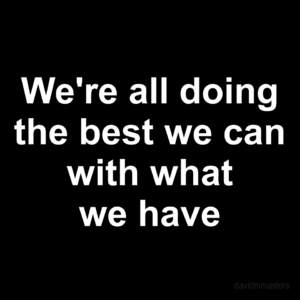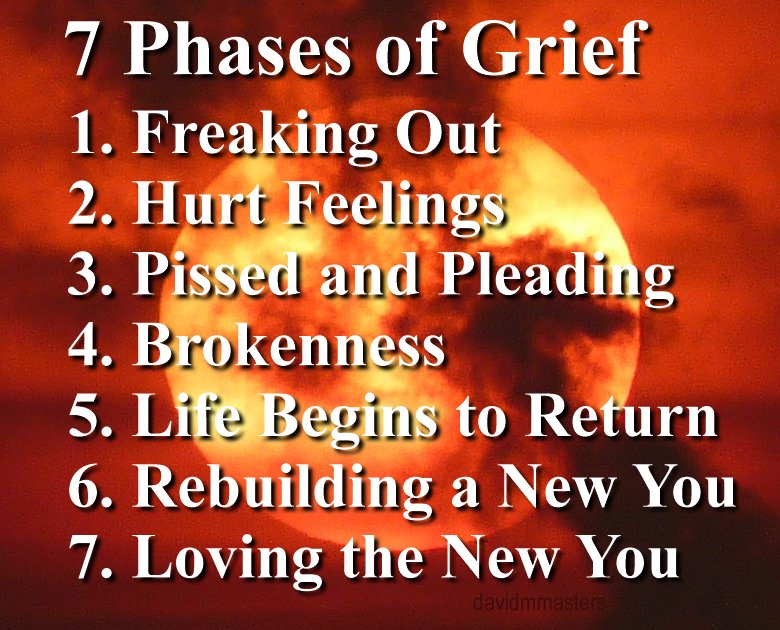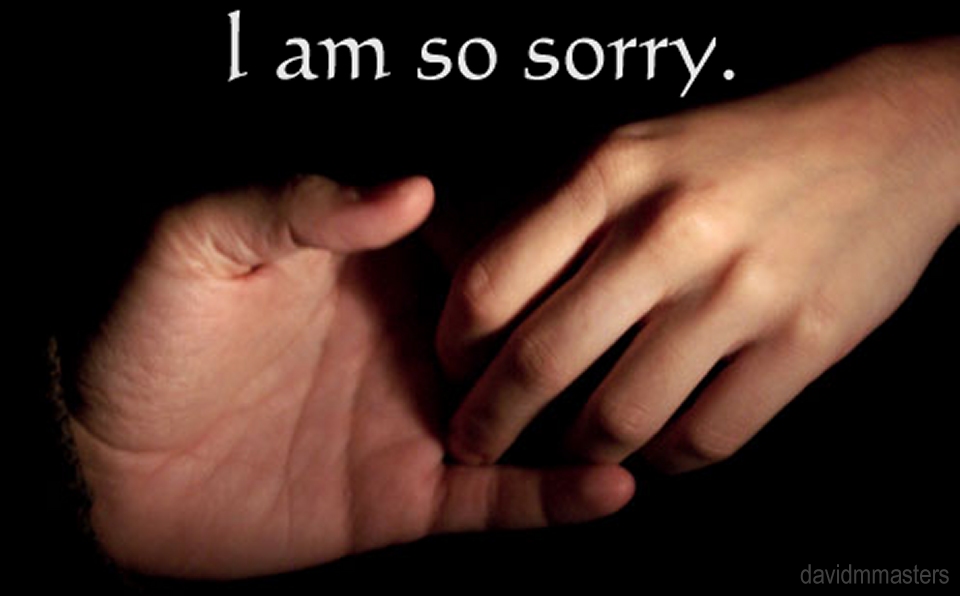Your fiancé left you. She chose her vice over you. You are feeling the pain of loss, betrayal, infidelity, unrequited love, abandonment, prison of your own making, and you are dramatically overwhelmed. She left without a word. No explanation no goodbye, only brash accusations that you were the one at fault. Because you love her, you are in pain.
You start asking yourself, “Why?”
-
- Why would she leave?
- Why would she choose this vice over you and your love?
- Why would she lie, cheat, and steal?
Then you start questioning your part in all this.
-
- What did I do?
- What did I not do?
- Was it something I said?
- Something I did?
Because you still love her, and there was little or no closure, you still want to reach out to her, leading to more questions,
-
- Can I help her?
- Is there hope for us?
- Can we overcome this together?
- Will she open up and talk to me?
Your questions are met with silence.
What next?
From here on out, it’s your turn to end this story.
You’ve taken it upon yourself to hire an investigator who has confirmed the severity of her infidelity and its power over her. You have some data and information about her life as a sex worker as the result of your investigation. You have photos, license plate numbers, maps, and a list of over 150 addresses where she has exercised her right to engage in her vices. You know exactly what devices and programs she uses, what methods she uses, how long she entertains her clients, and what menu of services she provides. You know how much she charges (and when she does charity work), how she collects the finances, and how she deals with it.
You know she has kept this vice a secret for years, since before you came along.
You know,
-
- She is not going to open up to you.
- You cannot save her.
- She hasn’t wasted a thought on you.
- She doesn’t care about how you feel about her.
- She doesn’t care about how you feel about yourself.
She doesn’t care about you, at all.
Whether there was a time that she did or not is insignificant.
Yet, here you are, day after day, going over every detail, every nuance, every piece of data, every imaginary recreation of her being with others, then with you afterward on a regular basis while you were together. Imagining what she has done since, and continues to do every day.
This is your prison of your own making.
You blame her for it, but you’ve constructed it for yourself in her name.
Every moment that you spend in this prison is on you. You created the prison.
You are your judge. You are your jailer.
You’ve created the rule of your restraint and containment.
Once you know this, it can come as no surprise that it is you who holds the keys to your prison.
And when the day comes that you are done punishing yourself in her name, you can take the keys, open the door and set yourself free.
When you do, forgive yourself for sentencing and punishing yourself in this way, all the while knowing that you suffered in the name of love. Even though it was unrequited and painful.
You loved. Your love was true. Your love was pure.
But it’s over now.
With your newfound freedom, you will be able to start your new life.
A new life with a new world of possibilities.
What about her? What about forgiveness?
Unnecessary. Though you might require to do this act of forgiving for yourself, your own mental wellness, but not for her.
She is happy. She is living her life the way that makes her feel good. She loved the life she had with you, she would have loved being married to you and being a secret sex worker, but she knows that if you knew, that would never work for you. So, she left.
She continues to do this work that gives her life meaning. It is not about you, never was.
You may feel awful about you being at opposing ends of this scenario, but no one is wrong, here.
Yes, she accepts a certain degree of risk for engaging in illegal activity, which is illegal at the moment, but know that laws are changing and the decriminalization of sex workers is in the works as you are reading these words.
No judgment. Forgiveness may be necessary for the transgressions against you, but not for her life choice(s).
Most sex workers are people who have experienced severe trauma in their past, and this activity helps mitigate the damages of their past, and these victims are doing whatever they can to feel a little better.
You might act out like this, but you are not her.
After all, we’re all doing the best we can with what we have.
The least you could do is to allow her the same respect that you would expect if you were in her shoes.
Let her go with God’s blessings.
Let it be.





